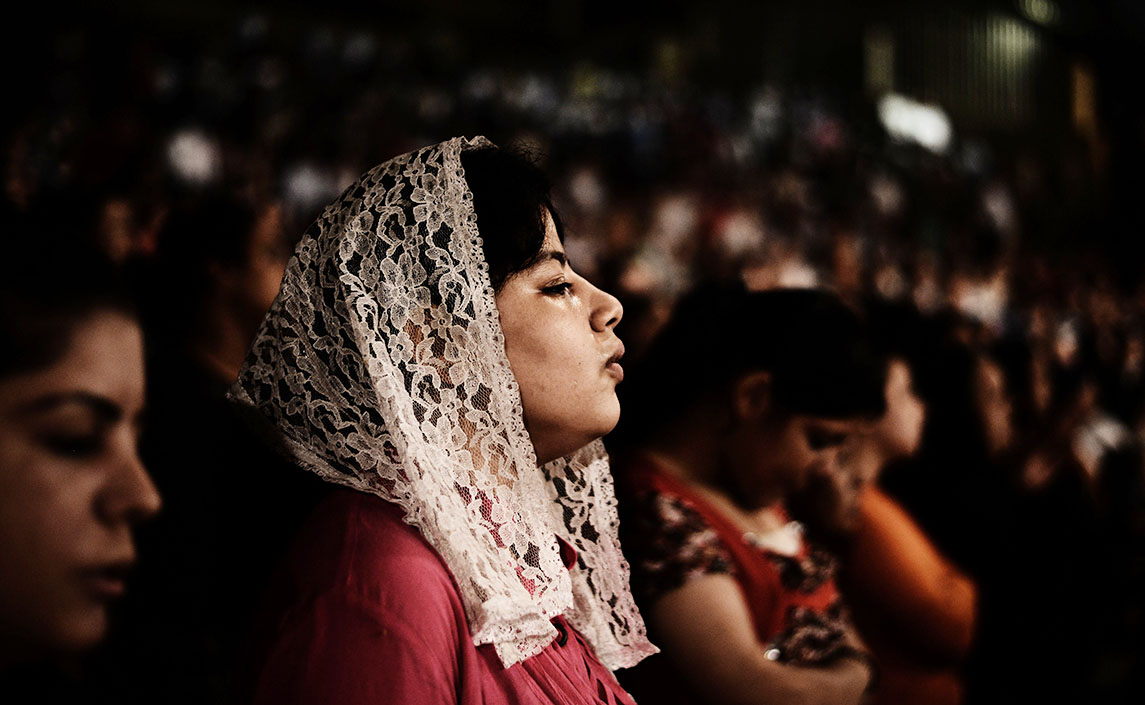ICC Contributes to USCIRF Report on Anti-Conversion Laws

11/29/2023 Washington (International Christian Concern – The United States Commission on International Religious Freedom (USCIRF) has released a report on anti-conversion laws prepared by International Christian Concern (ICC). ICC researchers Jay Church, McKenna Wendt, and Colton Grellier, together with USCIRF, outlined global restrictions on changing one’s religion. The report found 46 countries with anti-conversion laws, amounting to almost 25% of countries globally.
Around the world, governments restrict the right to religious freedom by limiting their citizens’ ability to convert. ICC researchers named four categories of anti-conversion laws: apostasy laws, anti-proselytism laws, laws concerning interfaith marriage and laws relating to identity documentation.
Of most concern are apostasy laws, which explicitly prohibit the public renunciation of one’s
religion or belief. These laws exist in seven countries, including Brunei and Yemen, where converting to Christianity could mean a death sentence.
Laws against proselytization, or sharing one’s faith, try to limit the growth of minority religions like Christianity. These laws range from banning missionary activity to restricting individuals from encouraging others to leave their religion. Of all the laws found in the report, anti-proselytism laws had the highest number, with 33 countries prohibiting proselytization.
Laws on interfaith marriage are used to regulate or restrict conversion. These laws prohibit members from different religions from marrying – or require one to convert to another religion to marry. In countries like Algeria and Malaysia, Muslim women are restricted from marrying a non-Muslim man.
Finally, some governments use identity documentation to restrict individuals from changing their religion on state-issued papers or records. These laws can compel individuals to reveal their religion or assign them a religion without the individuals’ consent. They also allow governments to deny individuals identification documentation based on religion.
Through the USCIRF report, ICC researchers aimed to paint a more complete picture of the global legal anti-conversion landscape. Hopefully, this report will not only shed light on the issue of legal barriers to conversion but also encourage governments worldwide to reconsider the limits they are placing on their citizens’ right to conversion.
Click here to read the full report.
The post ICC Contributes to USCIRF Report on Anti-Conversion Laws appeared first on International Christian Concern.
Become a Christian News Network Supporter…







Comments are closed.